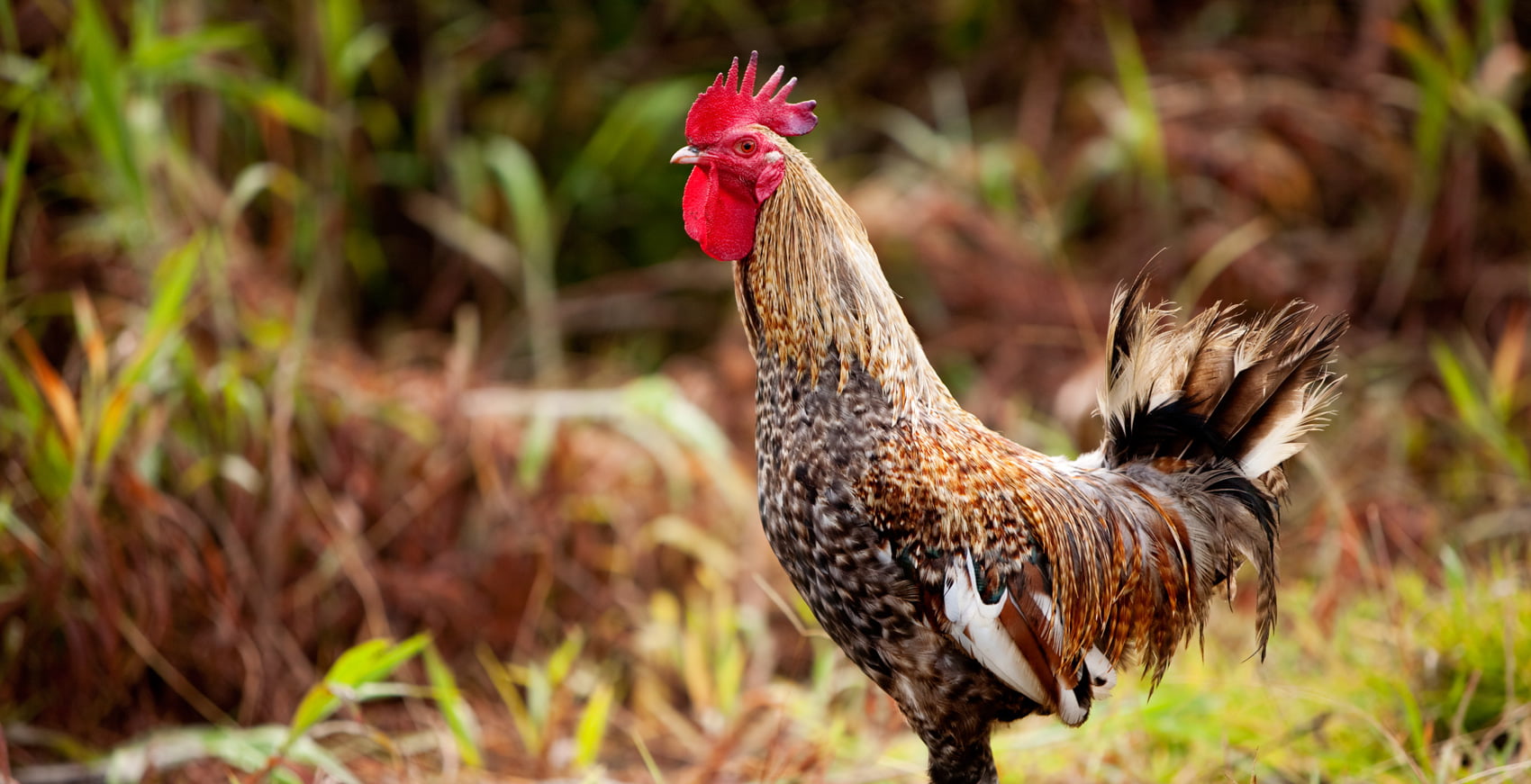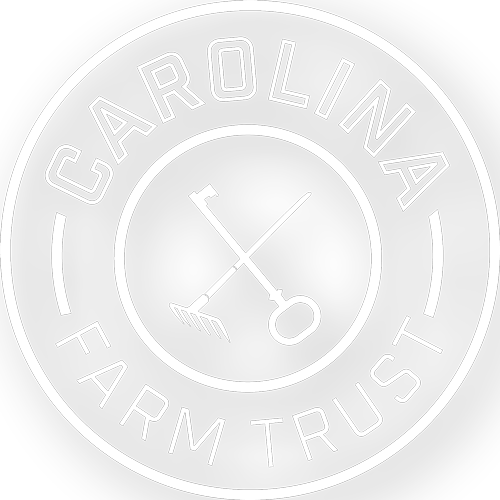Even though it seems like everyone’s lamenting pumpkin ale on the shelves and tweeting #StillSummer, fall is undeniably in the air. That means a lot of things: back-to-school and football1 and maybe even the urge to shift from the lazy days of me-centric beach time to a something a little more altruistic.
Volunteer opportunities don’t necessarily ebb and flow with the calendar, since worthwhile organizations could always use the help, but the 9/11 Day of Service is a big one for the Triangle. Coordinated by Activate Good, the initiative is in its fourth year and aims to bring together 2000 citizens in volunteerism and just plain kindness for more than 40 local causes.

As I was writing this story it occurred to me that volunteering can seem like the time equivalent of eating your veggies. Something that you do because you have to meet a class requirement, or community service quota, or some other mandatory reason. Yeah, I may be a veggie geek2 but I can honestly say that the times I’ve given my time away are some of my fondest, moving memories of my four years in Raleigh: cleaning out a chicken coop, gathering eggs and picking okra for the Jamie Kirk Hahn Foundation at Interfaith Food Shuttle; scraping black paint off windows to let the light pour in; gathering food donations for the Food Bank of Central and Eastern North Carolina; writing letters to overseas soldiers under a giant American flag.
If you’re ready for that feel-good feeling, all are welcome to join in on 9/11, whether as an individual or group. You can choose to beautify a school, package food for those in need or put your creative talents to good use. Daytime service projects — like “Painting Some Sunshine” that I wrote about last year — are at varying times between 7 a.m and 6 p.m.
Opportunities are now online. It’s simple to sign up but don’t wait; they fill up quickly. This year efforts benefit organizations such as Raleigh Rescue Mission, Note in the Pocket, Urban Ministries of Wake County, Carolina Tiger Rescue, Ronald McDonald House and AnimalKind.
If work gets in the way during the day, the evening event, complete with live music and refreshments, starts at 6 p.m. at Red Hat Ampitheater. That’s definitely a time for the more the merrier, with room for 600+ more or so to join the action with lots of hands-on activities.
After applying all that bright yellow paint last year, this year I’m going digital, serving as a photographer/social media ambassador. I hope to see you out there, but don’t wait for me or anyone else to catch you in action. Show your enthusiasm, before the event or during, by tagging @ActivateGood and they’ll retweet it.
I titled this story “Working for Change” for a specific reason. Hopefully it will inspire some Raleigh & Company readers to make a difference through some small efforts, and it also seemed to be the best way to tie in Triangle volunteering with another do-good effort I recently learned about.
I met with Zack Wyatt of the Carolina Farm Trust last month while he was in Raleigh spreading the word about his startup organization and fundraising fall festival in western North Carolina, the Carolina Jubilee. The jubilee will be a great excuse to escape Raleigh for a couple of days for this “farmer appreciation weekend,” enjoying live music and plenty of beer flowing during the middle of prime fall color season. The open-air event is October 16 and 17 at VanHoy Farms in Harmon, NC on 100 rolling peaceful acres of land with full camping facilities and amenities. Sites are grassy with shade trees nearby, and you’re welcome to go for a hike or wade through the stream between sets.
 If you own a farm, you get two free tickets. If you don’t own a farm, you can check it out and buy tickets starting at just $35; all tickets sold before September 1 qualify for a free ticket to next year’s event.
If you own a farm, you get two free tickets. If you don’t own a farm, you can check it out and buy tickets starting at just $35; all tickets sold before September 1 qualify for a free ticket to next year’s event.
I don’t think I could find more appropriate words to describe his mission: he is actively working to protect farmland while fostering an entire ecosystem of sustainable farming. Instead of focusing on policy, Wyatt is attempting to move the needle by raising money to buy land to then lease out to wannabe small-scale farmers, providing business consulting services and food hub setup as part of the package.
The Carolina Farm Trust website explains it well:
“We want to first and foremost provide land access to the Carolina farming community. We also want to help new farmers help getting started, who have a good plan. We want to work with local community banks and back farm loans or provide funding directly. Each tract of land we buy will have a focus of being sustainable from an energy and water standpoint. Not only will they be energy and water neutral but if we can give back to energy grids, even better. We will give access to all of our tracts to Academia so they can work with farmers on research best practices and new ways of farming. We also want to work with existing nonprofits and help existing farmers that need help.”
Wyatt explained it as “building vertical integration of food.” He’s working with existing non-profits to combat sprawl around the state’s urban fringes and trying to create a regional model of cooperation that can be replicated throughout NC and SC, pulling farm-to-table restaurants into the mix to serve up the freshest produce possible.
By Jen Baker



